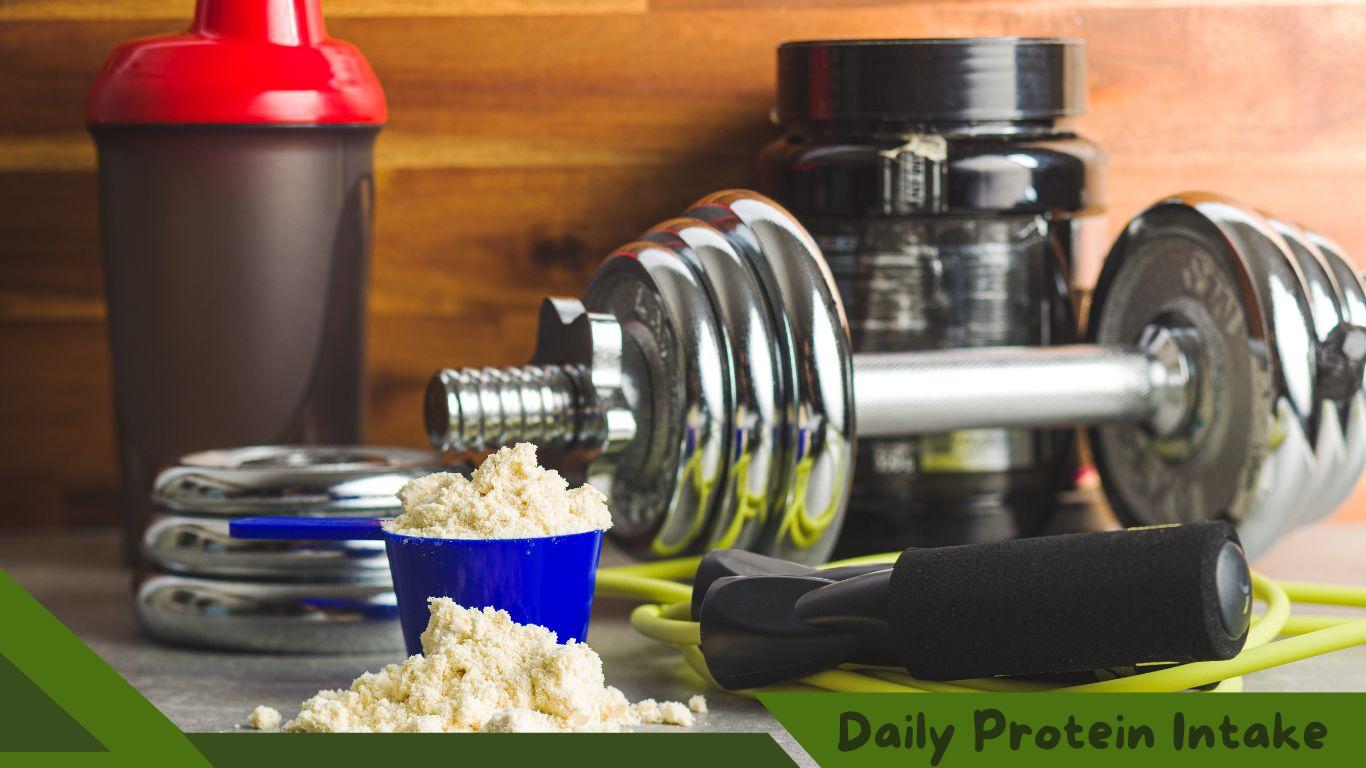Importance of Protein for Building Muscle and Weight Loss

Protein is vital for building muscle and losing weight. It’s a key nutrient that you need in your diet. It is the building block of all tissues in the body, including muscle, bone, skin, and hair. A high-protein diet can boost your metabolism, help you eat less, and build more muscle. This nutrient is essential for improving your physique. This article discusses why protein is important for building muscle and losing weight. It also explains how to include protein in your diet.
Understanding Protein
Protein is a macronutrient that is made up of amino acids. There are 20 different types of amino acids, and the body requires all of them to build and repair tissues. Protein is in many foods like meat, fish, eggs, milk, beans, nuts, and seeds.
Protein and Muscle Building
Protein plays a critical role in muscle building. When we work out, we cause small damage to our muscles, but our body repairs them while we rest. This leads to bigger muscles. Eating enough protein after exercising gives muscles what they need to rebuild and get bigger.
Protein and Weight Loss
Protein is also essential for weight loss. Eating more protein can make you feel less hungry and fuller, so you eat fewer calories. Protein burns more calories when the body digests it than carbs or fat. It has a higher thermic effect than other macronutrients.
How Much Protein Do You Need?
The amount of protein you should have every day depends on your age, gender, weight, and how active you are. High school students should aim for 0.8 grams of protein per kilogram of their body weight. If you want to have more muscles, you might need to eat extra protein. For each kilogram of body weight, you could consume from 1.2 to 1.7 grams.
Protein Sources
Protein is found in a variety of foods, making it easy to incorporate into your diet. Animal-based sources of protein include meat, fish, poultry, eggs, and dairy products. There are many plant-based sources of protein that you can include in your diet. These include beans, lentils, nuts, seeds, and soy products like tofu. Explanation
Tips for Incorporating Protein into Your Diet
Incorporating protein into your diet can be easy and delicious. Here are some tips for increasing your protein intake:
- Include a source of protein in every meal and snack.
- Choose lean protein sources such as chicken, fish, and legumes.
- Swap out refined carbohydrates for protein-rich options such as quinoa or brown rice.
- Add protein powder to smoothies or oatmeal for an extra protein boost.
- Snack on protein-rich foods such as hard-boiled eggs or Greek yogurt.
Conclusion:
Protein is a crucial macronutrient for building muscle and losing weight. A diet with lots of protein can raise metabolism, lessen hunger, and add more muscle. Adding protein to your meals is simple and tasty. Many options exist, including animals and plants.
FAQs:
Q1. Can you eat too much protein?
Eating too much protein can harm your health. It can damage your kidneys and increase the chance of getting osteoporosis. However, it is rare to consume too much protein on a typical diet.
Q2. Can you build muscle without protein?
Protein is needed to build muscles. You need enough protein to build muscles effectively.
Q3. How much protein do I need to lose weight?
Consuming a diet high in protein can aid in weight loss. The recommended daily intake of protein varies based on factors such as age & weight.
Q4. Is it better to get protein from animal or plant-based sources?
Both animal and plant-based sources of protein have their benefits. Animal sources have more protein in each serving, but plant sources have fewer calories and more fiber.
Q5. Can I get enough protein on a vegetarian or vegan diet?
Yes, it is possible to get enough protein on a vegetarian or vegan diet. You can get enough protein from plant foods like beans, lentils, nuts, and soy products.



